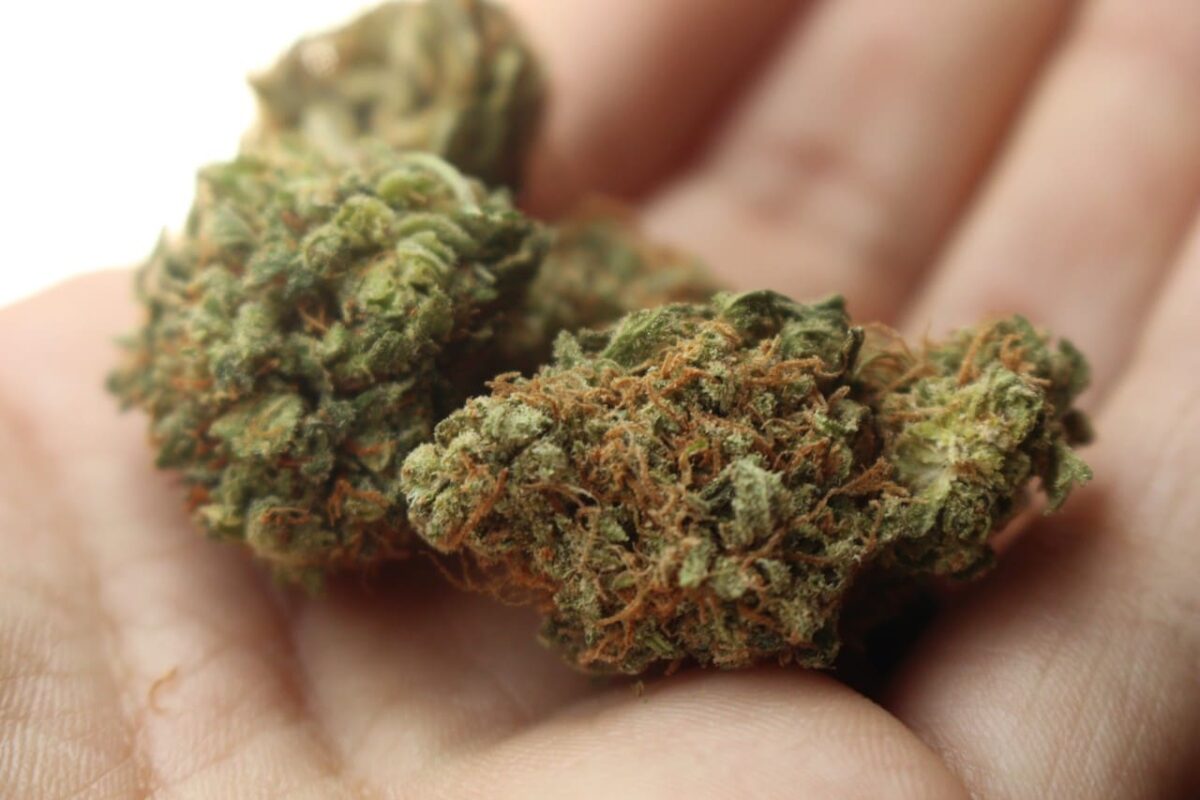The Essential Guide to Medical Marijuana Cards: What You Need to Know
In recent years, the conversation around marijuana has changed significantly. Many people are now learning about the benefits of medical marijuana, and more states are allowing its use for various health conditions. If you have heard about medical marijuana but aren’t sure what it is or how to get a medical marijuana card, you’re not alone. A medical marijuana card can open the door to various treatment options, providing relief for many health issues. In this article, we will explore what a medical marijuana card is, who can get one, and the steps to obtain it.
What is a Medical Marijuana Card?
A medical marijuana card is an official document issued by the state that allows a person to buy and use marijuana for medical purposes. This card shows that a qualified healthcare professional has recommended marijuana as a treatment option for a patient’s specific health condition. With this card, patients can access marijuana from licensed dispensaries, ensuring they receive safe and regulated products.
The idea behind a medical marijuana card is to provide a legal way for people to obtain marijuana for medicinal use. This is particularly important because marijuana is still considered illegal in many places. However, the growing body of research indicates that marijuana can help with various medical conditions, including chronic pain, anxiety, and even some forms of epilepsy. Having a medical marijuana card ensures that patients are using this treatment legally and under the supervision of their healthcare providers.
Who Can Get a Medical Marijuana Card?
Not everyone can get a medical marijuana card. Generally, to qualify, a person must have a qualifying medical condition. These conditions can vary by state but often include ailments like chronic pain, cancer, multiple sclerosis, glaucoma, and mental health disorders such as PTSD or anxiety. It’s essential to check the specific list of qualifying conditions in your state, as they can differ widely.
In addition to having a qualifying medical condition, applicants must also go through a screening process. This process typically involves a visit to a healthcare provider who will evaluate the patient’s medical history and current health status. The provider must believe that medical marijuana is an appropriate treatment option for the patient’s condition. After this assessment, the healthcare provider can issue a recommendation, which is a crucial step in applying for the medical marijuana card.

Steps to Obtain a Medical Marijuana Card
Getting a medical marijuana card is a process that requires some steps. The first step is to consult with a healthcare provider who understands medical marijuana. This provider can be a primary care physician or a specialist who is knowledgeable about cannabis and its effects on various health conditions. During this consultation, the patient will discuss their symptoms and medical history to determine if medical marijuana is a suitable treatment option.
If the healthcare provider agrees that medical marijuana could help, they will issue a recommendation. This recommendation is essential for the application process. The next step is to gather the necessary documentation, which often includes proof of identity, residency, and the healthcare provider’s recommendation. After assembling the required documents, the applicant must submit them to the state’s medical marijuana program.
Each state has its specific requirements and fees associated with applying for a medical marijuana card. It’s important to check the local regulations and guidelines to ensure a smooth application process. Once the application is submitted, it typically takes a few weeks to receive the card, allowing the patient to access medical marijuana legally.
Benefits of Having a Medical Marijuana Card
Having a medical marijuana card comes with several advantages. One of the most significant benefits is the ability to purchase marijuana legally from dispensaries. Licensed dispensaries offer a range of marijuana products, including oils, edibles, and flowers, which are all regulated for quality and safety. This ensures that patients receive safe products tailored to their specific needs.
Another benefit is that medical marijuana users often have access to a wider variety of products compared to recreational users. Many dispensaries cater to medical patients by offering strains and products specifically designed for treating certain conditions. This variety allows patients to find the best products for their needs, leading to more effective treatment options.
Additionally, having a medical marijuana card can provide patients with legal protections. This means they are less likely to face legal issues related to marijuana use. In many states, medical marijuana patients are protected from arrest and prosecution, provided they follow the law. This legal status can offer peace of mind, allowing patients to focus on their health and well-being without the fear of legal repercussions.
Common Misconceptions About Medical Marijuana
There are many misconceptions surrounding medical marijuana that can lead to confusion and hesitation among potential users. One common myth is that medical marijuana is simply a way to get high. While it’s true that marijuana has psychoactive properties, its medicinal uses are based on a wide range of therapeutic effects. Many patients use medical marijuana to manage pain, reduce anxiety, or alleviate symptoms of serious illnesses, not for recreational purposes.
Another misconception is that medical marijuana is unsafe or not effective. However, numerous studies show that medical marijuana can be an effective treatment for various conditions. As research continues to grow, many healthcare professionals are becoming more supportive of its use in clinical settings. It’s essential to consult with knowledgeable healthcare providers who can guide patients in using medical marijuana safely and effectively.
Finally, some people believe that obtaining a medical marijuana card is a long and complicated process. While there are steps involved, many patients find the process straightforward, especially with proper guidance. Many states offer resources and support to help patients navigate the application process, making it easier than ever to access the benefits of medical marijuana.
Conclusion
In summary, a medical marijuana card is a valuable tool for individuals seeking relief from various health conditions. It provides legal access to medical marijuana and opens the door to treatment options that can significantly improve the quality of life for many patients. By understanding the process and benefits of obtaining a medical marijuana card, individuals can make informed decisions about their health and explore the potential of this alternative therapy.
Whether you’re considering medical marijuana for yourself or a loved one, it’s essential to consult with a healthcare provider who can provide guidance and support throughout the process. With the right information and resources, patients can navigate the world of medical marijuana confidently, leading to improved health outcomes and a better quality of life.





Post Comment